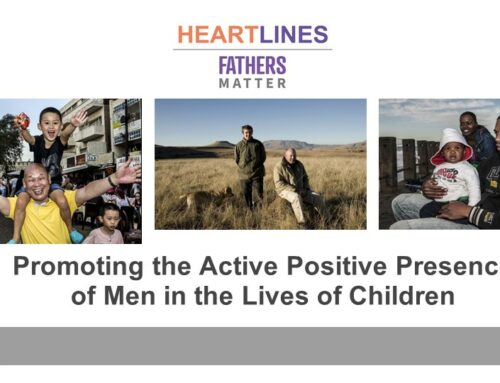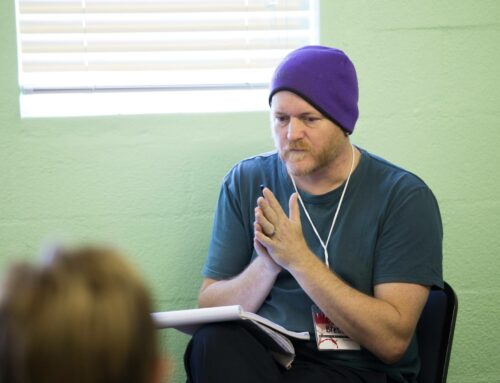i read this blog post by Austin Channing on Black on Black violence in which she stated,
Racism is White-on-Black violence.
In 1619, the first twenty Africans were brought over as labor for the new colonies. Within one generation the white majority had defined black people as permanent slaves and non-human property. This created a social order in which black people were only valuable for their ability to support a white dominated society that was economically prospering off of the stolen land of Native Americans and the stolen labor of African Americans. Consequently, a system of White-on-Black violence was born.
She went on to give examples and discuss her understanding of it more fully and i highly recommend you go and read the rest of her post.
i decided to challenge the idea that racism is only possible for whites [which i have seen suggested in other black-written posts i have read around the #Ferguson conversation]
“One thing i see as problematic is the definition of Racism as White-on-Black violence. That is a huge and maybe overwhelmingly huge part of the definition of it for sure. But it is not truthful or honest to suggest that that is the only way that racism occurs.”
Austin replied to my comment with her own:
I appreciate your interaction with this piece and many other pieces that Christena and I have written. I won’t speak for her, but I must say that racism as a system built on white superiority is absolutely created by white people. Blacks didn’t come here in awe and worship of whiteness and together create a system of enslavement. Now prejudice or discrimination could certainly be opened wide to tall, but racism is without question a system planned and executed by whiteness. As for internalized racism being a driving factor in black-on-black crime, you will not only find that Christena, Drew, Efram and I can make that assertion but MANY african americans. Of course, you have every right to disagree, but I say this only to broaden it beyond the writers. This is not something we sat around and dreamed up- just the four of us. There many in the black community who make this connection.
And i replied to her comment, but the internet ate it.
As i was thinking about what she said though, I had another thought which feels like a truly valuable one, especially for conversations like this.
My wife Valerie is really good at bringing it up and reminding us. Three years ago we moved to Kensington in Philadelphia to work with a non-profit called ‘The Simple Way.’ At the end of our time there one of the things we realised we could have done better was taking more time to listen and watch and just be, before coming up with any of our own ideas and ‘solutions’ and plans.
How this relates to this conversation with Austen is that my starting place is that i don’t believe racism can only be something that white people can be afflicted with. But Austin does. And i have been reading that same thought in a number of other black writers i have been reading. So maybe there is something for me to learn. And instead of jumping in to defend and argue and make my view heard, let me just take a moment to try and hear and understand what they mean when they say that racism is a whites-only problem. Maybe there is something for me to learn here.
i tend to be someone that rushes into battle mouth first. Always great for getting a point across, but not often helpful for learning anything…
i came upon this saying while i was looking for a graphic to illustrate this idea and i really like it:
TWO EARS. TWO EYES. ONE MOUTH. [Use in that order]
Do i listen with the intent to understand? i find that as i have gotten older, that is something i have been working on and do a lot better. The three years we spent in Americaland were very tough years in a number of ways but i do believe they helped me become a better person in this area. One thing that helped was hanging around people who asked really good questions. i can see that in tbV – i think she has really grown in that area and asks phenomenal questions – the difference between a superficial conversation and a meaningful one. So great to watch and hopefully be learning from.
One thing we hoped for when we returned to South Africa, and prayed for, and have seen happen [but desire so much more of] is to host conversations that are transformative or dig deep into really meaningful and significant issues. We want to see people challenged and changed [and for us to be those people too] by some of the conversations we have around our dinner table or in our living room. Conversations about money and poverty and racial reconciliation and what church looks like outside the building and more.
i believe that one of the ways to move forward in this area is to have people sitting around your dinner table who don’t look like you. But possibly an even harder step is to invite people to meals who don’t sound like you – who think differently about areas you have strong opinions about. That is what will provide good challenge to the ideas you hold firmly to. You are likely to learn less from those who think exactly the same way you do, right?
So that is one thing we are looking forward to when we finally have our own place. To host meals and conversations. To listen. To look. And maybe then, sometime after, to speak.
[For a number of conversations happening around Race and Reconciliation issues, click here]
[For a glimpse at some Taboo Topics we rarely speak about, click here]









Like so much. My Missions professor always says one of the best things we can say is, “Help me to understand.” I might not agree right now or ever, but help me understand your point of view.
That is so super helpful Suzanne, thank you. What a great perspective.
love brett fish
Not only sharing a meal as a matter that is this complex/rather controversial but immersing oneself in another’s culture is probably one of the best ways to begin to understand. It’s very simplistic to think a visit once every month on ‘your turf’ can truly bring to the surface authentic understanding of ‘the other’ but it is a start. Also, in my growing opinion I believe that white on black remains a predominant problem much to the detriment of other minority races.